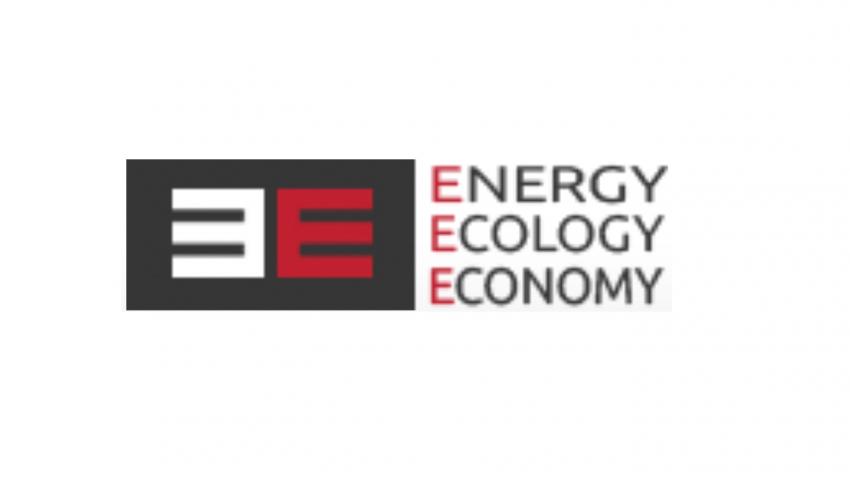National Energy Chamber: A change is needed to the mechanism for achieving the national energy efficiency target
The Chamber offers measures for a better account of the energy savings achieved in the country

Achieving the national energy efficiency targets under the current mechanism would lead to additional financial burden on end-consumers. Today, 6 February 2019, the National Energy Chamber (NEK)’s representative - Kalina Trifonova presented to the expert community the Chamber's position on the implementation of the energy efficiency targets in Bulgaria. Energy efficiency is part of the Integrated National Energy and Climate Plan because it is related to renewable energy policies and targets, the internal energy market, energy poverty. To promote energy efficiency, Bulgaria has provided a mechanism involving a combination of national policies, alternative measures and obligation schemes. However, this combination of measures does not correspond to the specificities of the energy market in the country regarding the schemes for obligated legal entities as defined by the Energy Efficiency Act. In 17 EU Member States, obligation schemes complement energy efficiency measures and policies, and their costs are covered by the component in regulated tariffs for end-users.
NEC members believe that reflecting EE spending in the final consumer prices would lead to their increase (e.g. through price ”Obligation to Society” analogous to the implementation of other state policies in the energy-climate package) and therefore the selected by Bulgaria mechanisms for achieving the national energy efficiency targets should be reassessed. Countries such as Poland, Denmark and the UK are already using this approach and are revising their goals because they cannot meet them on the one hand due to rising costs of their implementation and on the other hand because of political and social dissatisfaction with the inevitable rise in prices that they cause.
Changing the mechanism for achieving the national target is imperative if we want to minimize the extra expenses needed to achieve EE in the final consumption. It is therefore necessary to review and analyze the possibilities for achieving the targets by 2020 by: taking into account the already issued Energy Savings Certificates to non-obligated entities; more detailed inclusion of savings achieved through alternative energy efficiency measures as well as savings financed by grants under Operational and National Programs and the Financial Mechanism of the European Economic Area; monitoring and reporting of all measures already carried out by end-users - through data on the sale of energy-efficient household appliances, joinery, insulation, etc .; adoption of methodologies applicable to energy savings in household consumption, including reporting of "soft measures" affecting consumer behavior.
NEC members believe that discussing energy efficiency and responsible attitude towards limiting climate change is extremely important. At the same time, it would be fair for Bulgarian society to seek all possibilities for accurately accounting already achieved energy savings toward the national energy efficiency targets, thus avoiding unnecessary burden on both the final customers of the obligated entities and the energy system as a whole. It would not be acceptable, however, to adopt the state's commitment within the EU as a sole responsibility of individual companies in the sector without having an actual opportunity to fulfill it.
